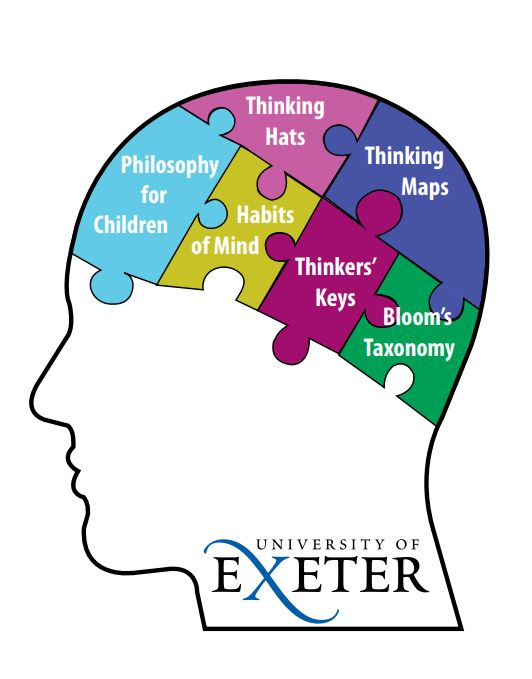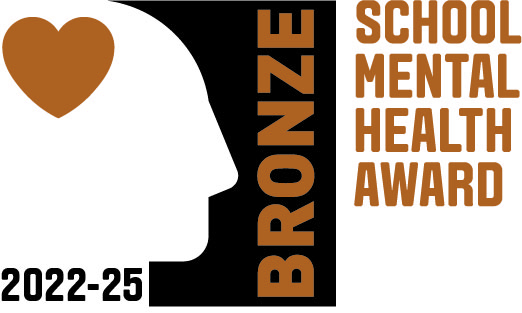Signs and Symptons

While the terms mental health and emotional health are sometimes used interchangeably, they are distinctly different. ... Mental health refers to your ability to process information. Emotional health, on the other hand, refers to your ability to express feelings which are based upon the information you have processed.
Just as we all have physical health, we all have mental health too. Mental health refers to our psychological or emotional health and wellbeing. It is about how we think, how we feel, how we behave, how life affects us and how we cope with it, how we engage with others, and the choices we make. And, as adults, it is our responsibility to help children identify the emotions they are experiencing and cope with these in a positive manner.
When we are in ‘good’ mental health, we feel that we can cope well and respond positively to life, allowing us to be actively involved in relationships, activities and our environment and community. During these times, we can even deal with unwanted news, situations or challenges in a logical and calm way. However, when we are experiencing poor mental health, it can be very challenging to think in a reasonable and incisive manner.
As adults, we can all usually recognise times when we feel ‘down’ or ‘stressed’, yet there are times when, even we, are unsure of what has triggered these emotions and can find it challenging to self -regulate these unwanted and uncomfortable feelings. For children, this is often more so, as they are often unclear about what has brought about these emotions and can find it challening to verbalise their thoughts and experiences.
Sometimes there is a clear reason why we are feeling this way and, with time, these feelings pass. Mental health, and how we respond to events in our life, varies from person to person: some people cope and adjust positively, some find certain aspects of life challenging at certain times, and some find it hard to cope with and engage with many aspects of life.
Like physical health, an individual’s mental health can vary over time: moving between being able to cope sometimes to feeling unable to at other times. This may change as our life, perspectives and experiences change. This can be in the shorter or longer term: you may find that sometimes you can manage whatever life hands you, yet on other days even the ‘simplest’ things feel overwhelming. Or it might be that it depends on the situation, for example, being able to manage at work but experiencing difficulties in your personal life.
Some people experience few, if any, mental health problems. Some may have periods of mental ill-health which may be temporary or fluctuating, and others may have longer-term or persistent difficulties. Some people have mental health conditions that can be recognised and diagnosed. These conditions are usually not ‘passing’ feelings but are more long-lasting, more debilitating, and have an impact on the person’s day-to-day life. They can lead to feelings of isolation and, in severe situations, result in people self-harming or having suicidal thoughts.
Supporting children’s emotional well being is highly important, if not supported it can cause problems later on in life. Emotional development is now recognised as one of the main areas in the Early Years Foundation Stage, therefore this is why practitioners working in early years settings need to be aware of ways to support children in this area of development.
Having a clear explanation of what is emotional well-being in young children can help us to identify how to best support children. Emotional well being is linked very closely to children being able to communicate and interact with others in a positive way. Children will often get frustrated and not being able to deal with these frustrations can have effects on children’s emotional well being, therefore giving children the adequate support will enable them to deal with their emotions and frustrations appropriately. There will be plenty of times where children will turn to adults for help in managing negative feelings, helping children to deal with these will help them to deal with their feeling later on in life.
Why is it important to support children when they are young?
Supporting children with their emotional well being will lead to children having a positive impact on their social interactions with other and the ability to make friendships. If left unsupported children may display behavioural difficulties which may lead to further issues later on in the future. People working in the early years have the crucial job of supporting children emotional well being from a young age, this opportunity can only happen once, therefore having more awareness of emotional well being can only be more beneficial for children and families.
What is the impact of mental health conditions on physical health?
Mental health conditions can affect all aspects of life, and can affect how you feel, how you think and your behaviour. It can also have a big impact on your physical health. For example, it can cause problems with sleep or affect your eating, you may not feel like being active, and it may affect your concentration, memory or ability to make decisions. It can also cause problems such as sweating, headaches, breathlessness and palpitations (where you are aware of, and can feel, your heart beat).
What are the signs of poor emotional well being?
Children at some point in their development with go through a stage of acting out their feelings and behaviour whilst displaying negative emotions, this is quite normal for young children as they don’t know how to deal with this feelings appropriately. However if children repeatedly display these ways of how they are feel they could be demonstrating difficulties with their emotional health. Children who struggle with their emotional health may shows signs of a very short attention span and behaviour such as being withdrawn or aggression towards all peers. Children may find it difficult to socially interact and communicate with peer groups and for these children their only way of communicating is through displaying signs of anger or frustration.
What are the warning signs of poor mental health in children?
Although these are signs of poor mental health, it does not mean that your child has poor mental health if he or she displays one or more. This acts as a guide to support you in recognising the signs and seeking advice if you are concerned about your child's well being.
-
Persistent sadness — two or more weeks
-
Withdrawing from or avoiding social interactions
-
Hurting oneself or talking about hurting oneself
-
Talking about death or suicide
-
Outbursts or extreme irritability
-
Out-of-control behaviour that can be harmful
-
Drastic changes in mood, behaviour or personality
-
Changes in eating habits
-
Loss of weight
-
Difficulty sleeping
-
Frequent headaches or stomachaches
-
Difficulty concentrating
-
Changes in academic performance
-
Avoiding or missing school







